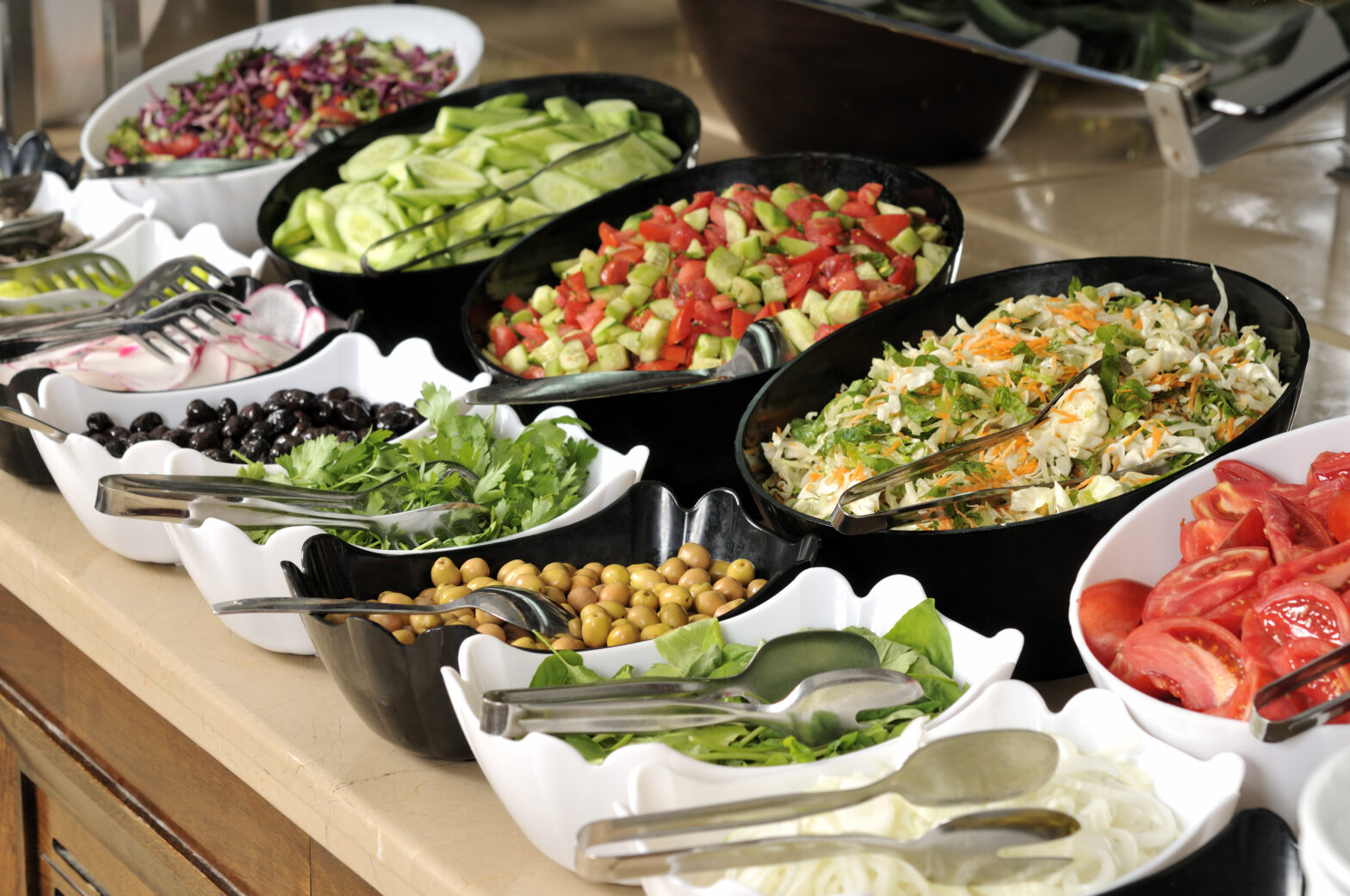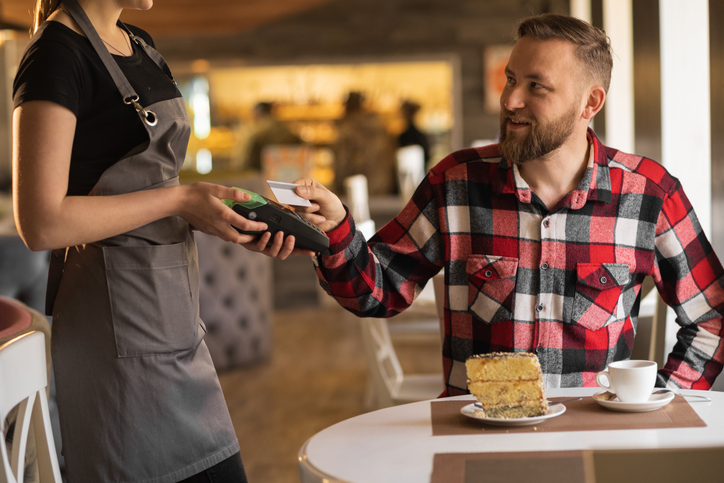Jamie Knivett owns organic food supplier Creative Nature, whose products can be found on the shelves of nearly 500 health food shops, as well as the big guns of Waitrose and Tesco.
He says: ‘Over the last couple of months things are definitely getting tighter. Like everyone else, we’ve been affected by the slowdown.’
As a reaction, Knivett’s business strategy has been to build upon brand awareness. He admits: ‘If people don’t understand the reasons why our products are more expensive, they will buy other ones at a third of the price.
‘Our tactics have involved doing lots of public relations to push people on to the website so they realise we are still here. We’ve also been doing things like partnering with magazines to promote our products.’
Marketing for food business start ups
By focusing on promotions Knivett has redeployed the role of one of his workers, moving him from a position in sales to conducting taste promotions in supermarkets across the country.
He adds: ‘Products such as ours are here to stay as more and more people are now taking an interest in them, but it is very important to take measures against the recession hitting because they’re more expensive.’
For Jennifer Irvine, founder of weight-loss food delivery company The Pure Package, keeping a close watch on finances is key to preventing profits getting eaten.
She says: ‘We increased prices six months ago to reflect the cost of ingredient going up, and managed to improve our cash position by getting advance orders from clients.’
Irvine highlights this as an important factor in retaining a healthy market position, particularly as one of her competitors closed down recently due to debt problems.
She explains: ‘We’ve managed to continue to do well in our sales because we have a broad base of clients such as models, celebrities and accountants – so they are not all necessarily feeling the pinch.
‘I believe that by providing a really good service with the best ingredients we’ve managed to retain our clients. Costs have been cut in other ways, for example, by sending out newsletters via email instead of by post.’
Related: Gem Misa on launching food brand Righteous
Local and organic food
However, for some people there is an important distinction to be made between local and organic food, in terms of what is more likely to get hit first.
Bob Farrand, chairman of the Guild of Fine Food, says: ‘I think organic food is more prone to suffering from the downturn because for some people it has become a bit of a fad. Local and speciality food is more robust because there’s an obvious difference in taste.’
The Guild has over 1,000 members and Farrand admits that many have already seen a reduction in consumer spending of around three to four per cent. He says: ‘It’s important that speciality food suppliers look at their product range, they should delist anything that is slow to sell as they don’t want to get stuck with stock that’s not moving.’
Farrand advices suppliers and retailers to look ahead beyond Christmas, which he believes is a period when profits should remain relatively stable. He says: ‘They have to make sure they are bullet-proof for the period after the new year, by cutting costs where possible now.’
Notwithstanding Farrand’s distinction between local and organic, like Knivett he also believes that a continued emphasis on where the food is sourced will help make his members buoyant against recession.
‘It’s simple,’ he says. ‘If they promote the fact that what they are selling is local, good quality food and will help support the community by keeping money in it, people will respond by buying the products.’
Related: How to jump on foodie trends without losing your brand identity





